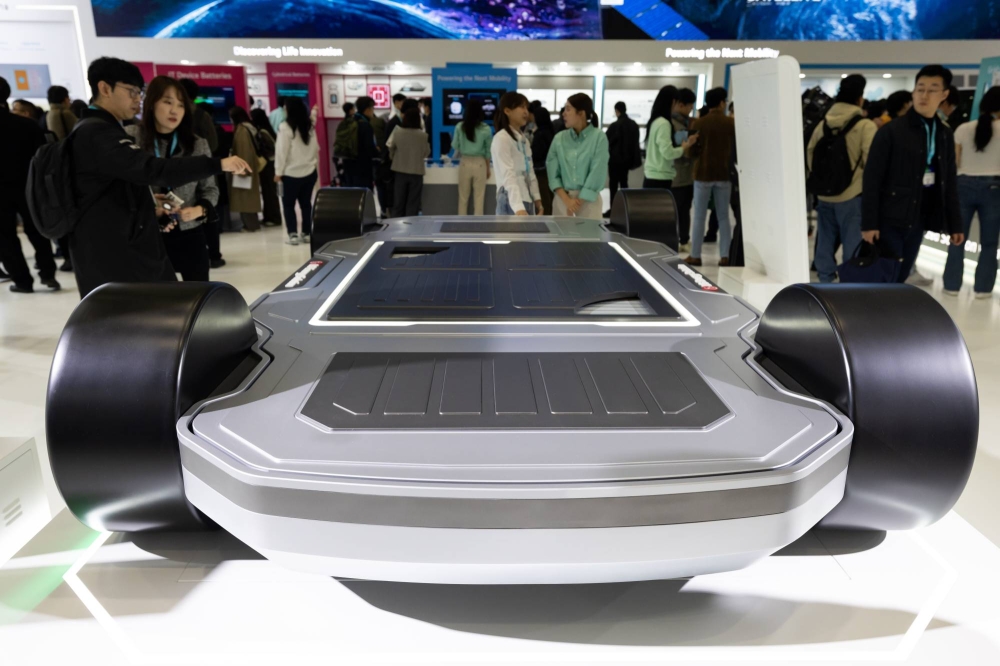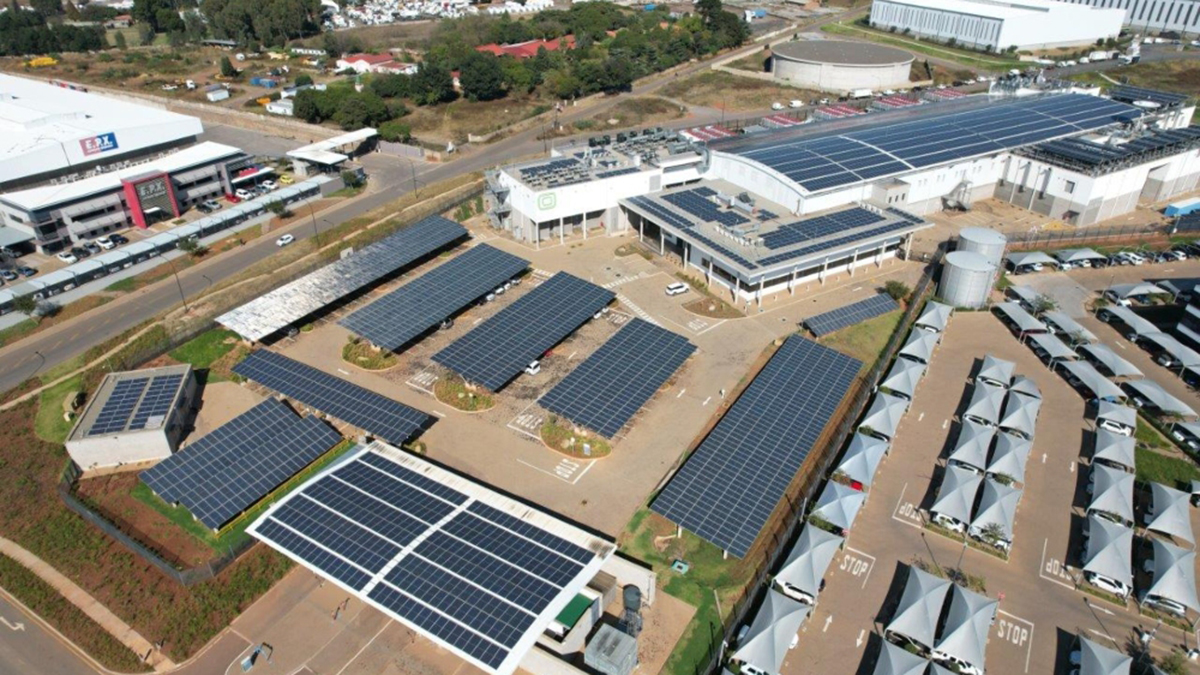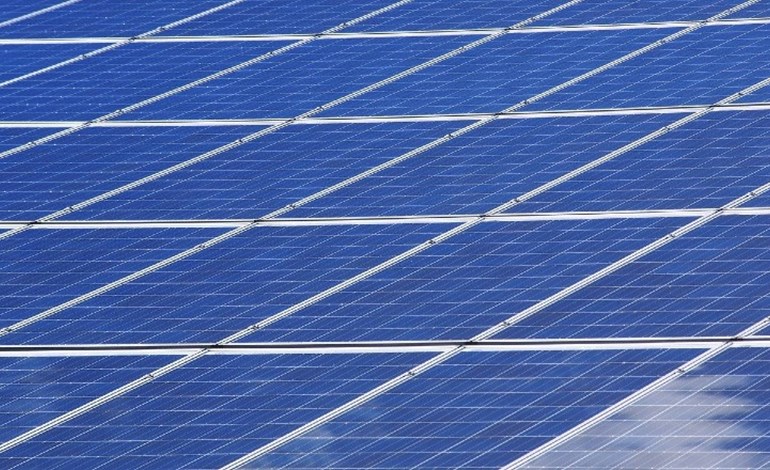Pioneering Solar Energy Storage and Lithium Battery Innovation
LG Energy Solution plans to commercialize a groundbreaking dry-coating technology by 2028. This innovation aims to revolutionize battery manufacturing and enhance LG’s competitiveness against Chinese rivals.
Advancing Solar Energy Market Trends
Dry-coating technology seeks to replace the energy-intensive wet process for making cathode and anode electrodes, key components of electric car batteries. As demand for electric vehicles cools, finding cheaper and environmentally friendly production methods is crucial.
Kim Je-young, LG Energy Solution’s chief technology officer, stated, “Among battery competitors, LG is the top in dry-coating technology.” LG started this development a decade ago and plans to complete a pilot production line by the fourth quarter of this year, with full-scale production commencing in 2028.
Significant Cost Reductions and Efficiency
Kim estimates the dry method can lower battery manufacturing costs by 17% to 30%. Tesla, which acquired Maxwell Technologies in 2019, has struggled with this technology, particularly with the cathode production. Dry coating eliminates the need for costly, energy-intensive drying ovens and solvent recovery systems, saving energy, equipment costs, and space.
Impact on Global Green Energy Policies
Volkswagen, also developing dry coating technology, has called it a “game changer” for reducing energy use and space requirements. LG’s innovation will help it compete with Chinese battery makers like Contemporary Amperex Technology and BYD, whose market share and cost efficiencies have surged.
LG’s new technology can be applied to both cathodes and anodes, regardless of particle size. This capability marks a significant advancement over competitors, which have only implemented the process on anodes.
Broader Implications for Solar Technology Developments
Tesla, Panasonic Holdings, CATL, EVE Energy, and Svolt Energy Technology are also working on dry electrode technology. This competition underscores the global race to advance battery efficiency and production methods.
For equipment makers, this push represents an opportunity. Companies like Hanwha Momentum and Narae Nanotech are exploring improvements to both dry and wet processes to stay competitive in the evolving energy storage market.
Source:japantimes.co.jp





